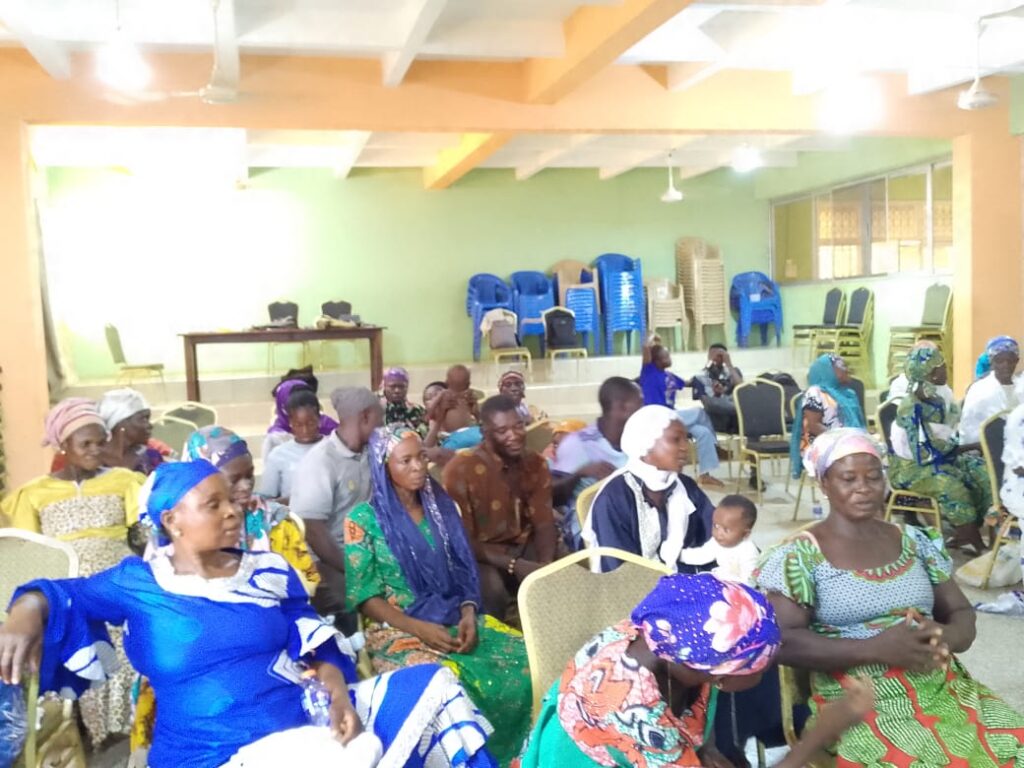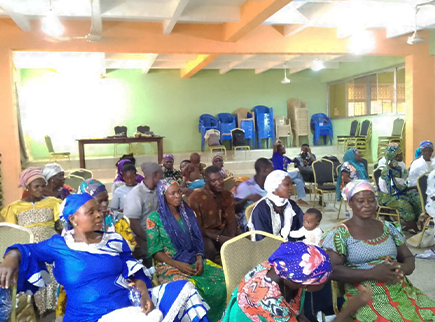The Savannah Women Farmers Association (SWFA) has held a forum in Tamale to strengthen the capacity of women farmers and promote their active participation in sustainable agriculture and agribusiness in Northern Region.
The forum, organised under the Forest and Farm Facility (FFF) initiative, brought together farmers from the Kumbungu, Mion, Nanton, Savelugu, and Tolon Districts alongside key stakeholders in the agricultural value chain including financial institutions, input dealers and off takers.
The forum sought to create opportunities for participants to network, build their capacity, and explore strategies to improve access to productive resources, markets and agricultural technologies.
Mr Oseni Kabiru, Programmes Officer, SWFA, speaking during the forum, said it was aimed at empowering women farmers with the knowledge and networks needed to benefit from both government and private sector interventions.
He said: “This workshop is to build the confidence and capacity of women farmers and to create a platform where off takers can engage directly with them for fairer and more sustainable market partnerships.”

Madam Abdul Shakur Safura, a farmer from Tampion in the Nanton District, called for greater communal and institutional support to enable women to contribute more meaningfully to Ghana’s food security and sustainable development agenda.
She said: “It is important for stakeholders, community leaders, and opinion leaders to prioritize supporting women with access to fertile farmlands and agricultural inputs to enable us to cultivate more food for sustainable development in our communities.”
Madam Widat Mumuni, Women in Agriculture Officer at Savelugu Municipal Department of Agriculture, urged women to take advantage of government’s initiatives such as the Feed Ghana Programme to boost productivity and ensure household food security.
She appealed to government agencies, non-governmental organizations, and development partners to collaborate in expanding access to farm inputs, capital, and training opportunities for women farmers.
She said: “Building the capacity of women and linking them to resources will go a long way to improve their livelihoods and contribute to national development.”
Mr Sulemana Jamaldeen, a Nursery Attendant at the Department of Parks and Gardens, encouraged women to explore tree planting as a viable source of income and a means to enhance environmental conservation.
He said: “Tree farming is a profitable and sustainable business. It requires little capital but yields long-term economic and ecological benefits. Women should not consider it a male-only occupation.”
Participants expressed appreciation for the opportunity to interact with stakeholders and pledged to share the knowledge gained with other women in their respective communities.

